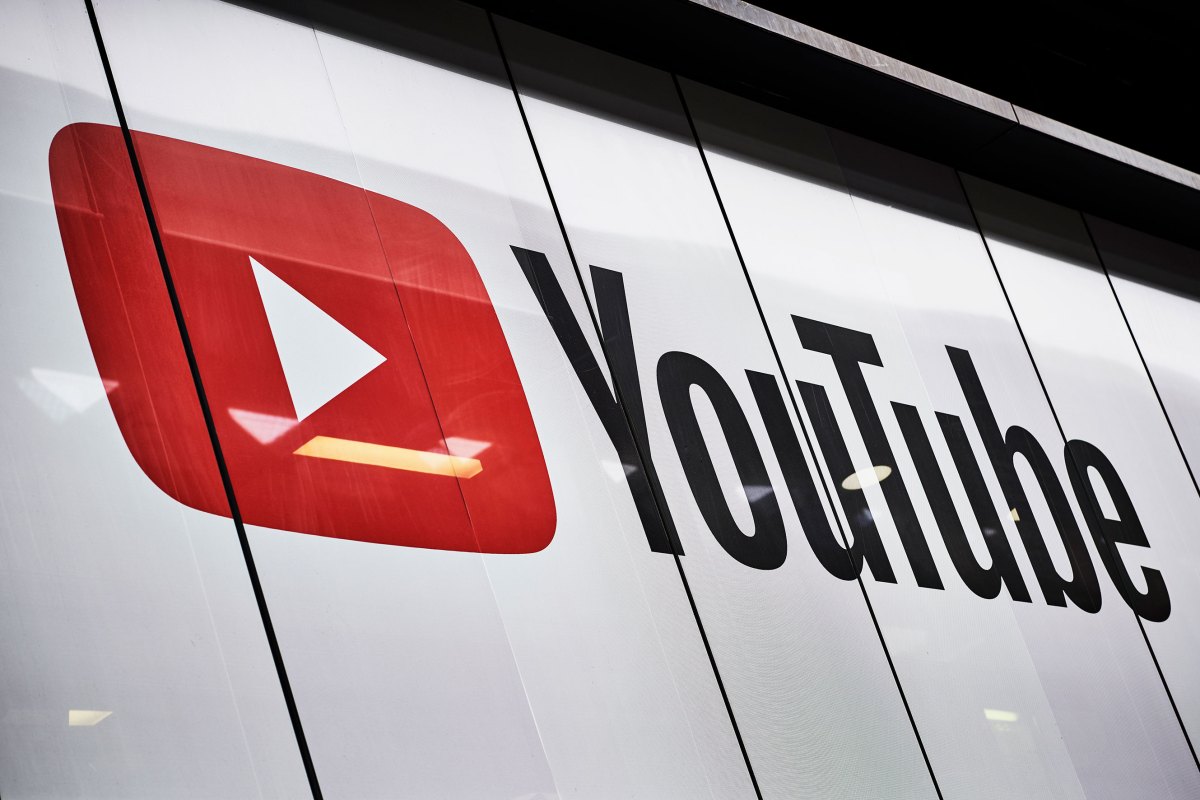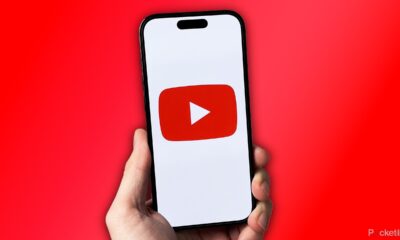Tech News
YouTube now lets you request removal of AI-generated content that simulates your face or voice

Meta is not the only company struggling with the increase in AI-generated content and its impact on its platform. YouTube has also implemented a policy change in June that allows individuals to request the removal of AI-generated or synthetic content that mimics their face or voice. This change expands on YouTube’s responsible AI agenda introduced in November and allows people to request the removal of this type of content under the platform’s privacy request process.
Instead of flagging AI content as misleading, such as deepfakes, YouTube now requires affected parties to request the content’s removal directly as a privacy violation. The platform will assess each complaint based on various factors, including whether the content is disclosed as synthetic, if it uniquely identifies a person, and if it serves a valuable purpose like parody or satire. YouTube will also consider if the content features a public figure or well-known individual engaging in sensitive behavior, such as criminal activity or endorsing a product or political candidate.
YouTube gives content uploaders 48 hours to address the complaint before initiating a review. If the content is removed within that time frame, the complaint is closed. The platform warns users that removal entails deleting the video from the site and potentially removing personal information from the video’s title, description, and tags. Users cannot simply make the video private to comply with removal requests, as it could be made public again at any time.
While YouTube has not widely publicized this policy change, it introduced a tool in Creator Studio in March for creators to disclose when content is made with altered or synthetic media. The platform is also testing a feature that allows users to add crowdsourced notes providing additional context to videos. YouTube has experimented with generative AI itself, including a comments summarizer and conversational tool for video recommendations.
In cases of privacy complaints regarding AI content, YouTube will not immediately penalize the original content creator. Privacy violations are separate from Community Guidelines strikes, and receiving a privacy complaint does not automatically result in a strike.
This information was shared last month by a company representative on the YouTube Community site, where creators are informed about new policies and features.
-

 Destination8 months ago
Destination8 months agoSingapore Airlines CEO set to join board of Air India, BA News, BA
-

 Breaking News10 months ago
Breaking News10 months agoCroatia to reintroduce compulsory military draft as regional tensions soar
-

 Gadgets3 months ago
Gadgets3 months agoSupernatural Season 16 Revival News, Cast, Plot and Release Date
-

 Tech News12 months ago
Tech News12 months agoBangladeshi police agents accused of selling citizens’ personal information on Telegram
-

 Productivity11 months ago
Productivity11 months agoHow Your Contact Center Can Become A Customer Engagement Center
-

 Gadgets3 weeks ago
Gadgets3 weeks agoFallout Season 2 Potential Release Date, Cast, Plot and News
-

 Breaking News10 months ago
Breaking News10 months agoBangladesh crisis: Refaat Ahmed sworn in as Bangladesh’s new chief justice
-

 Toys12 months ago
Toys12 months ago15 of the Best Trike & Tricycles Mums Recommend























